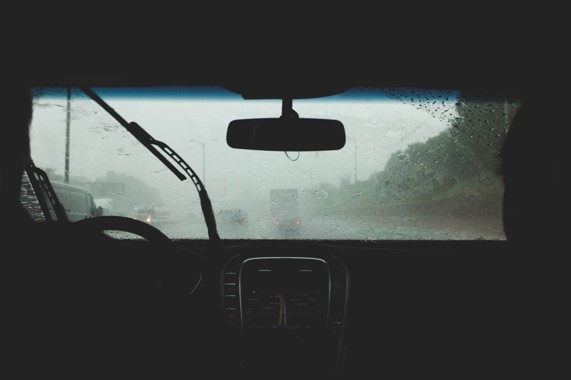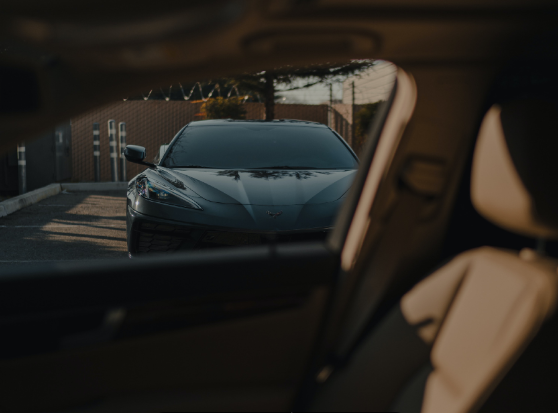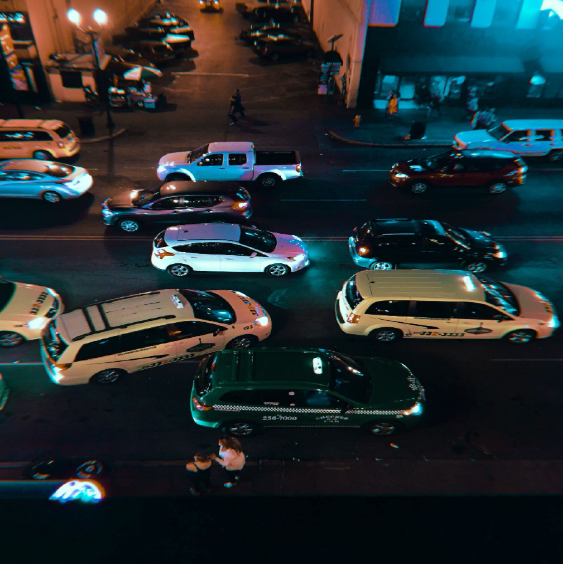
Navigating the world of car insurance can be a bumpy ride, but maintaining continuous coverage is crucial for all drivers. After all, car insurance safeguards you and those sharing the road with you. In addition, it can help cover repair costs or even compensate others involved in an accident if you are found to be at fault. So, buckle up as we explore the potential consequences and risks of letting your car insurance lapse.
Risks of Hitting the Road Without Insurance
Imagine driving without car insurance. As soon as you turn the ignition, your risk level skyrockets. This refers to the potential harm you might cause yourself and others without coverage. In addition, without insurance, you might struggle to cover the expenses of damages or injuries resulting from an accident. You become a financial burden on local authorities and your insurance company.
Your risk level can also rise if you have a history of not carrying insurance. Insurers might view you as a candidate prone to let your policy lapse. Consequently, they may refuse to issue a policy or charge a higher premium for your desired coverage.
For peace of mind and compliance with state law, drivers should carry insurance if they possess a driver’s license and operate a vehicle. This might include liability coverage, comprehensive, collision, uninsured/underinsured coverage, or other forms of protection.
Penalties for Driving without Car Insurance
Driving without insurance often results in breaking the law. Those caught without the required insurance can face penalties such as:
● Tickets or fines
● License suspension or revocation
● Probation or jail time (in rare cases)
● The imposition of an SR-22 requirement
● Vehicle impoundment
Addressing these penalties involves working with authorities, but the SR-22 requirement necessitates collaboration with your auto insurer.
An SR-22 is a document verifying that you have active car insurance, which must be submitted to your state’s DMV. Allowing it to laps might result in further penalties, and the SR-22 period will likely restart. Thankfully, the SR-22 is generally not a permanent burden; most drivers only need to carry it for a few years.





